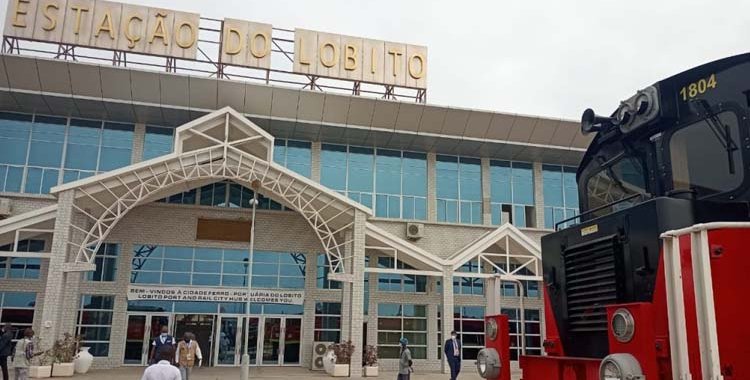"The estimate is to have the financial closure of the project in the next eighteen months, and then between three to five years of construction, and during this period we will see how to improve the construction calendar", said Osaruyi Orobosa, explaining that to use the line there is no it needs to be built throughout.
"We can start operating elements of the line, but only after selecting the contractors, so we have at least five years until we see the first train (to travel through the entire infrastructure). We are at the beginning of a long journey", he added, in an interview with Lusa de Lagos, Nigeria.
The vice-president of the AFC, the entity that is the main promoter, together with the United States, the European Union and the governments of Angola, the Democratic Republic of Congo (DRCongo) and Zambia, explained how this "transformative project" that connects the port of Lobito to the mineral-rich regions of the other two African countries will be developed.
The railway line between Lobito and DRCongo was built at the beginning of the 19th century, but needed and still needs substantial improvements to allow for more efficient operation, he explained, remembering that the railway concession is awarded, for 30 years, to a group of European companies formed by the Portuguese Mota-Engil, Trafigura and Vecturis.
Asked about the amounts needed for this project and who will pay, Osaruyi Orobosa said that the final amount has not been defined, but that the governments of the three African countries will not be asked to bear the cost.
"We are still working on the project, we don't know how much it will cost; there are estimates of 2.5 to 5 million dollars for each kilometer", stated the vice-president of the AFC, highlighting that before going to the market to present the public tender, it is need to remove risk from the project and guarantee favorable regulatory conditions for contractors, and this is where governments come in, which they praised for their availability, speed and commitment in carrying out the project.
"The idea is that governments improve the business environment and give tax incentives, pay nothing; due to the size of the project, we are looking at financing from export credit agencies, we hope that the contractors themselves will bring financing, and that investors private companies will participate, in addition to some multilateral institutions that will contribute with subsidies to guarantee the viability of the project", he explained.
"Our job is to ensure that the project is bankable and that there is no lack of investors, but it is premature to advance values, because we want to present investors with the best price for the best work possible, which we should do in three to six months," he said.
The Lobito Corridor is the first strategic economic corridor launched under the aegis of the G7 Partnership for Global Infrastructure and Investment (PGI) in May 2023, which was followed by the signing of a joint declaration between the European Union and the United States, on the sidelines of the September 2023 G20 Summit in New Delhi in support of infrastructure development.
In September this year, an agreement was signed placing AFC as the main promoter of the project that will connect the three African countries.
The railway line to be restored and extended is expected to create economic benefits of approximately 3 billion dollars for the countries and create more than 1250 jobs during its construction and operations, according to the text presented in New York, on the sidelines of the Future Summit.







